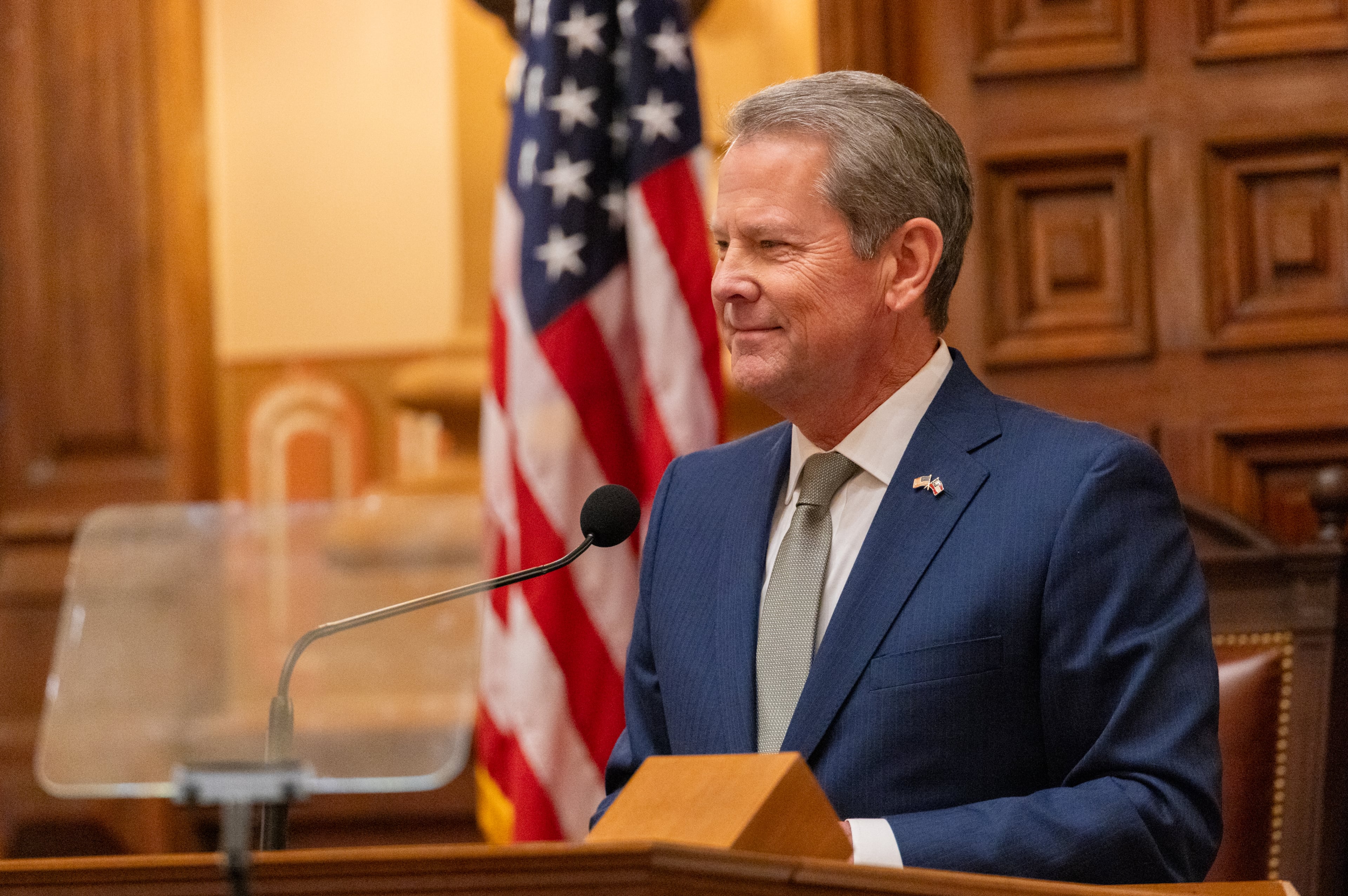Husband took deadly substance after wife heard Trump tout virus treatment
An Arizona man died Monday and his wife was in critical care after both ingested chloroquine phosphate after hearing President Donald Trump tout a pharmaceutical version of the drug last week as a “game changer” in the fight against coronavirus, according to several news reports.
The couple, both in their 60s, had to be rushed to the hospital 30 minutes after taking “an additive commonly used at aquariums to clean fish tanks” and not the pharmaceutical version of the drug, according to CNN, citing Banner Health hospital in Phoenix.
NBC News reported the couple believed the substance would prevent them from becoming infected with the virus. The network spoke to the wife, who said they learned of chloroquine's connection to coronavirus during Trump's news conference, which "was on a lot actually."
"I had (the substance) in the house because I used to have koi fish," she said, according to CNN. "I saw it sitting on the back shelf and thought, 'Hey, isn't that the stuff they're talking about on TV?' "
Health officials at the facility warned the public against using homemade remedies.
“Given the uncertainty around COVID-19, we understand that people are trying to find new ways to prevent or treat this virus, but self-medicating is not the way to do so,” said Dr. Daniel Brooks, Banner Poison and Drug Information Center medical director. “The last thing that we want right now is to inundate our emergency departments with patients who believe they found a vague and risky solution that could potentially jeopardize their health.”
“We are strongly urging the medical community to not prescribe this medication to any non-hospitalized patients,” said Brooks, according to KVOA News 4 in Tucson.
On Monday, Trump again touted chloroquine, the already-existing malaria drug that has shown effectiveness against the virus in foreign studies. He added it would be distributed to some patients in New York as soon as Tuesday.
“Why should we be testing it in a test tube for a year and a half when we have thousands of people that are very sick, they’re very, very sick, and we can use it on those people and maybe make them better, and in some cases, maybe save their lives,” Trump said. “This has been something that’s been around for many years, it’s been phenomenal, a strong, powerful drug for malaria, but we think it might work on this, based on evidence, based on very strong evidence.”
Though chloroquine is approved by the Food and Drug Administration for treating malaria, lupus and rheumatoid arthritis, it has not been approved for the coronavirus.
The drug can cause sudden death if a person takes 1 gram more than the recommended dosage, according to a report last week by Bloomberg News, which cited Chinese guidelines issued in February that warned health officials about the lethal side effects of the existing malaria drug chloroquine, and its derivative hydroxychloroquine.
“Nice part is it’s been around a long time, so if things don’t go well, we know it won’t kill anyone,” Trump said during last Thursday’s coronavirus task force press briefing at the White House, where he announced the drug was being “fast-tracked” by the FDA.
After the virus first emerged in December, China tested the drug on about 130 patients in clinical trials, with positive results.
French physician-researchers also conducted successful clinical trial using the drug, according to The New York Post.
But a study conducted by Wuhan Institute of Virology found that chloroquine could cause death if a person exceeds the daily recommended dosage of 1 gram.
In the days following the study, China’s National Health Commission issued treatment guidelines that limited chloroquine’s use and cautioned doctors about the deadly risk of dosages as small as 2 grams, Bloomberg reported.
The commission recommended no more than a 10-day course of chloroquine for adult patients at 500mg — half a gram — twice a day, Bloomberg reports.
On Feb. 25, a woman in Wuhan, China, took 1.8 grams of the drug and developed a potentially deadly case of malignant cardiac arrhythmia, Bloomberg said, citing online media outlet The Paper in Shanghai.
Thus far, no clinical trials have been conducted in the United States to show its effectiveness against the coronavirus, according to reports.
“We’re going to be able to make that drug available immediately,” the president said at Thursday’s news conference.
Afterward, experts quickly disagreed with the president about the effectiveness of chloroquine, saying the public should temper any optimism about the drug being a true vaccine.
An Emory doctor also disputed the president’s claim that the drug was readily available.
Chloroquine’s other side effects include nausea, diarrhea and tinnitus. Long-term use can impair eyesight, Bloomberg reported. The medication can also cause birth defects.
The drug is prescribed and sold under the brand name Plaquenil, which has also received the endorsement of Tesla Inc. Chief Executive Officer Elon Musk, according to reports.

